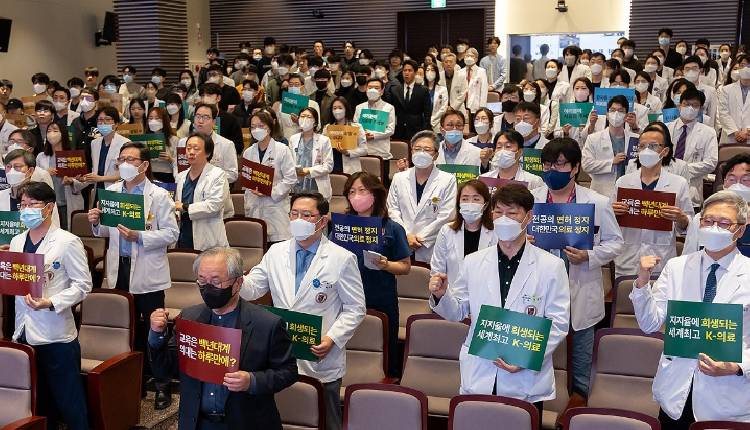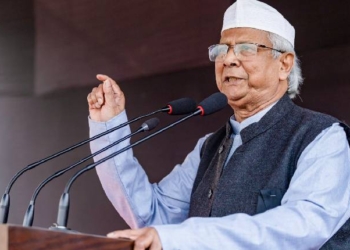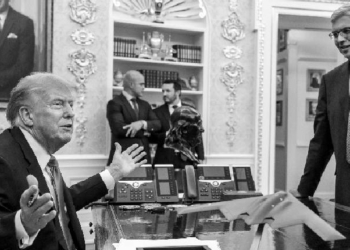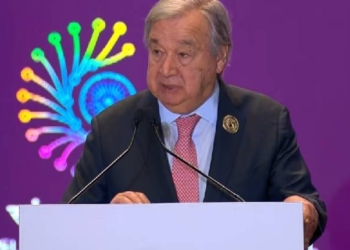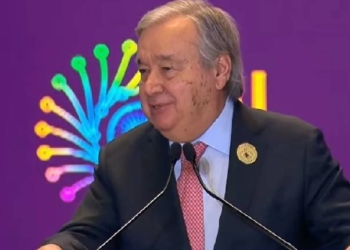Seoul: Resignations by medical professors in South Korea in protest against the government’s medical school quota hike plan were supposed to take effect from Thursday, sparking concerns over its impact on the medical system already reeling from the monthslong walkout by trainee doctors.
Officials said most professors, who work as senior doctors at major hospitals, appeared to have continued to serve on the first day of resignations coming into force and no issues had been reported at hospitals regarding the resignation submission, Yonhap news agency reported.
Since March 25, medical professors nationwide have submitted their resignations, which would begin to take legal effect after the lapse of one month.
The professors have taken the step in support of junior doctors who have left their worksites since February 20 in protest of the government’s plan to boost the number of medical students by 2,000 starting next year.
“Each professor designated their own resignation date given their work schedules and other things,” an official of the emergency committee of Seoul National University’s medical school said.
The government has said that no resignations have been accepted so far and “not many” professors have submitted resignations.
Around 7 per cent of the country’s total medical professors, or around 800, have tendered their resignations, and a mere 80 cases have been received by universities, according to some officials. Some have raised questions about resignations taking effect simply because one month has passed even though some of them failed to meet due procedures and formal requirements, while others say they can be valid even without approval from their employers.
The situation, however, is feared to be taking a turn for the worse, as there have been no signs of medical staff backing down amid their standoff with the government.
“We’ve sought legal consultations about whether resignations come into force though they have not even been opened. Medical professors of the university are supposed to walk off their job starting around May 1,” an official of the school emergency committee said.
Medical professors have been struggling to fill the void of junior doctors and major hospitals have already reduced surgeries and treatments for patients markedly.
Professors are also reviewing taking a day off every week, saying that they are experiencing “excessive” workload, fatigue, and burnout, and they are “frustrated with the government’s unilateral and unreasonable push” for medical reform plans.
Patients’ groups appealed for professors’ restraint to maintain essential emergency care services and treatments for serious cases.
(IANS)




